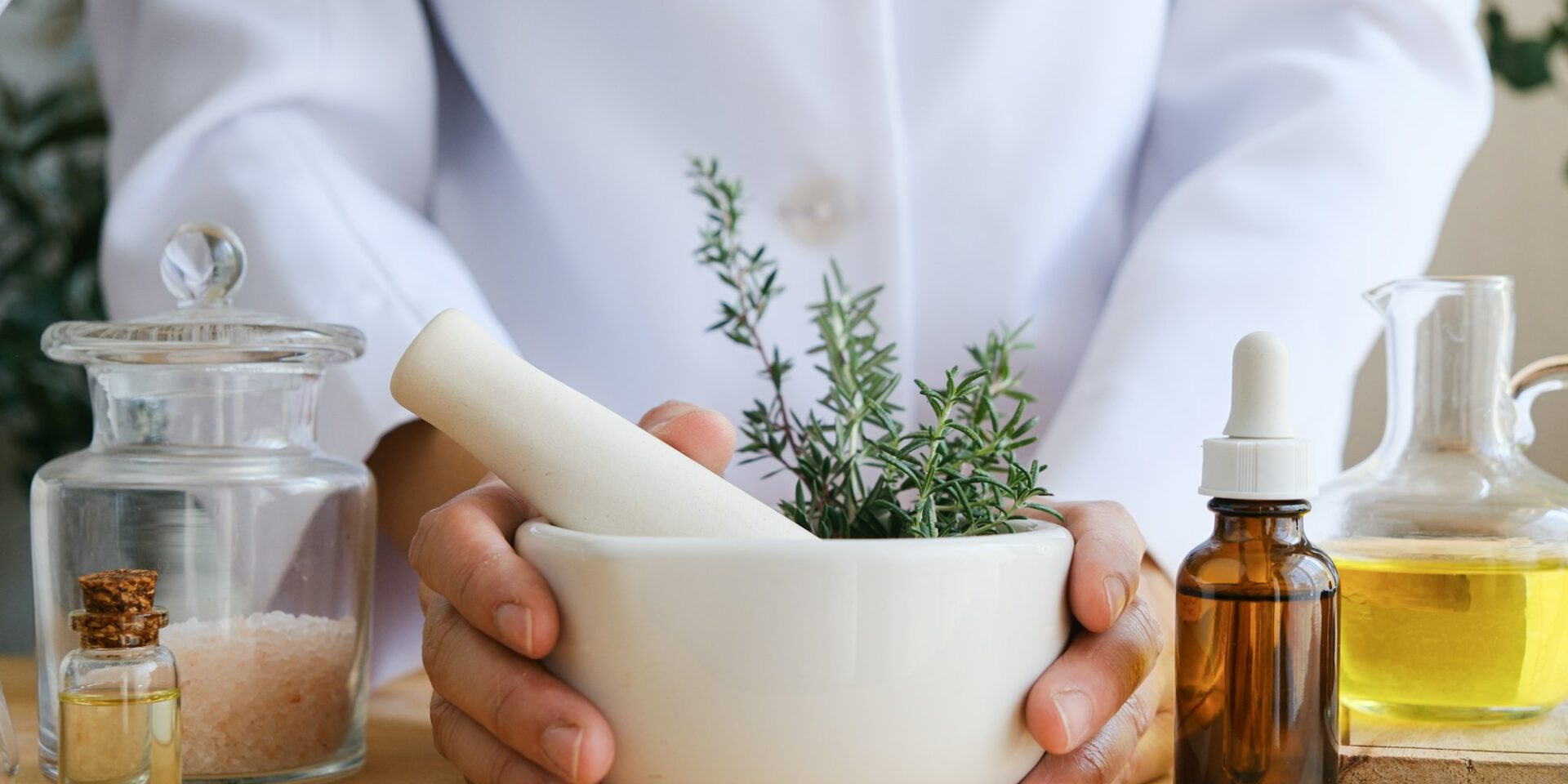C. diff, short for Clostridioides difficile, is a tough bacterium that can cause severe diarrhea and more serious intestinal conditions like colitis. It’s often the result of antibiotic use that disrupts the balance of good bacteria in the gut. But don’t worry, there are natural ways to fight back.
Understanding the Causes and Risk Factors
C. diff, short for Clostridioides difficile, is a bacterial infection that can cause severe diarrhea and more serious intestinal conditions like colitis. While it’s a common healthcare-associated infection, certain factors can increase your risk of contracting C. diff. Here’s what you need to know.
Antibiotic Use: The Primary Culprit
The use of antibiotics is the most significant risk factor for developing a C. diff infection. When you take antibiotics, your chances of getting C. diff can jump up to 10 times higher during and up to one month after treatment. Oral antibiotics pose the greatest threat, as they can disrupt the delicate balance of your gut microbiome.
Your gut is home to a complex community of microorganisms, including hundreds of bacteria species that usually keep each other in check. Antibiotics, especially when taken for extended periods, can wipe out the beneficial bacteria, allowing harmful ones like C. diff to take over.
The Role of Antibiotic Resistance
Antibiotic resistance adds another layer of risk. Bacteria reproduce quickly, which means they can rapidly evolve to dodge the effects of antibiotics. This ongoing battle has led to bacteria that are resistant to current treatments, making infections harder to cure and control.
Several other elements can make you more susceptible to C. diff:
- Age: Individuals 65 years or older face a higher danger, with a notable mortality rate within a month of infection.
- Healthcare Environments: Extended stays in hospitals or living in nursing homes can increase exposure to C. diff.
- Weakened Immunity: Those with compromised immune systems, whether from medication, HIV/AIDS, or cancer, are at greater risk.
- Recurring Infections: If you’ve had C. diff before, there’s a chance it could come back within weeks.
- Chronic Gastrointestinal Issues: Conditions like inflammatory bowel disease (IBD) can heighten your risk.
- Certain Medications: Long-term use of proton pump inhibitors, which reduce stomach acid, may also raise the likelihood of a C. diff infection.
Being aware of these risk factors is crucial for prevention and early detection of C. diff. If you’re taking antibiotics or fall into any of the higher-risk categories, stay vigilant for symptoms and consult your healthcare provider if you have concerns.
Natural Preventatives
Probiotics: Your Gut’s Best Friend
Probiotics are live bacteria and yeasts that are good for your digestive system. They help restore the natural balance in your intestines. For C. diff, probiotics like Saccharomyces boulardii and Lactobacillus plantarum can be particularly helpful. They compete with C. diff for food and space, making it harder for the bad guys to take over.
Fiber: The Unsung Hero
Fiber isn’t just for keeping things moving. It also feeds the good bacteria in your gut, which can help keep C. diff in check. Foods high in fiber, like fruits, vegetables, and whole grains, should be a staple in your diet.
Herbal Helpers
Some herbs have natural antibacterial properties that can support your fight against C. diff. Goldenseal, for example, contains berberine, which has been shown to inhibit the growth of various bacteria. Another herb, garlic, has allicin, which can act as a natural antibiotic.
Staying Hydrated
When you’re dealing with diarrhea, staying hydrated is key. Water is essential, but so are electrolytes. Coconut water or electrolyte solutions can help maintain the balance of fluids in your body.
Essential Oils
Oregano oil is known for its antibacterial and antifungal properties. It might help reduce the growth of C. diff bacteria. However, always dilute essential oils and consult a healthcare provider before using them as a treatment.
A Clean Environment
C. diff spores can live on surfaces for a long time. Regular cleaning with products that contain bleach can kill the spores and prevent the spread of infection.
Conclusion
While these natural remedies can support your recovery from C. diff, it’s important to work with a certified functional medicine provider, or GI specialist like a gastroenterologist, especially if symptoms are severe. Remember, natural doesn’t always mean safe, so professional guidance is crucial. Stay healthy and take care of your gut!
Subscribe to Updates
Get the latest posts delivered to your inbox.





